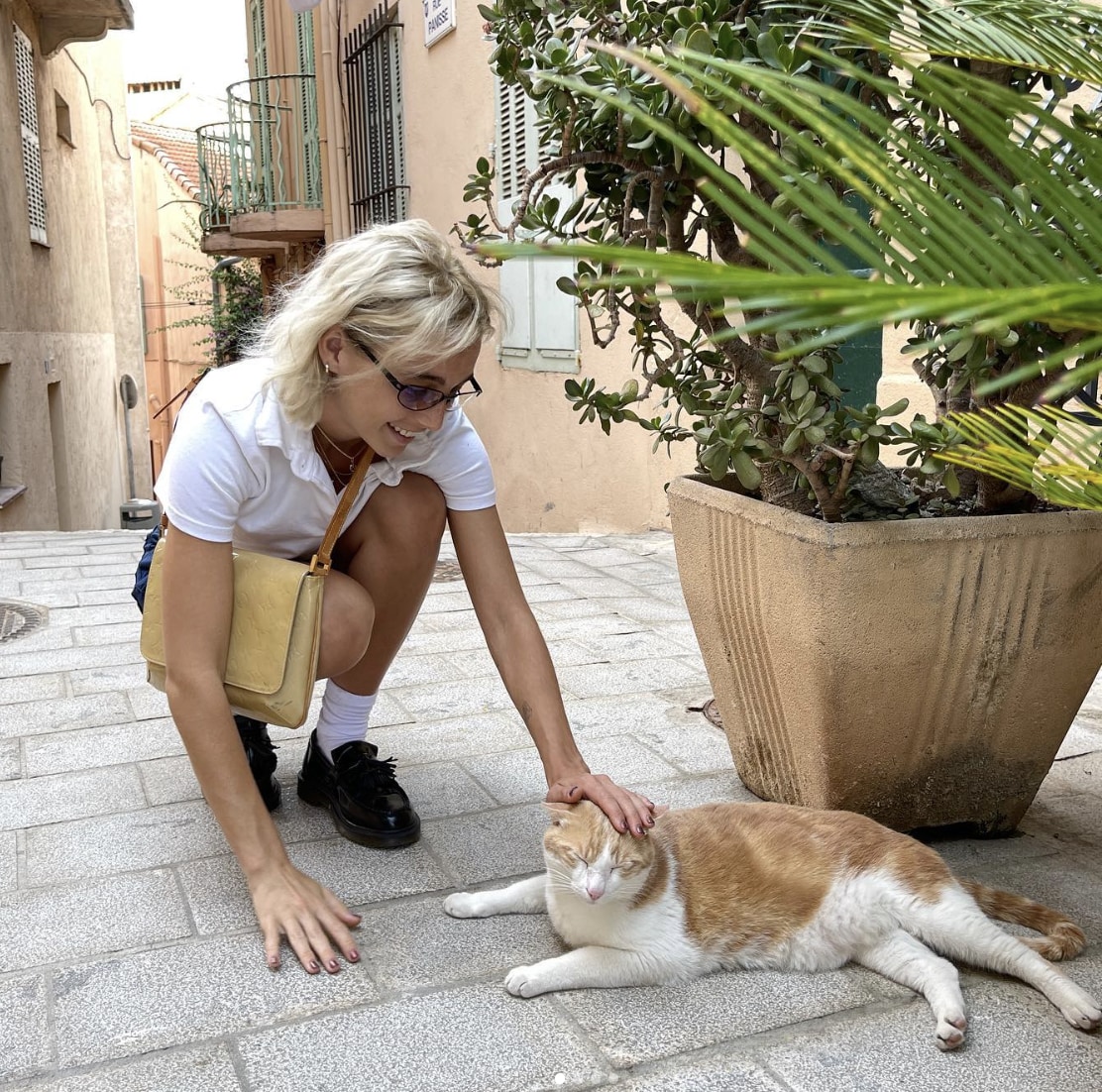The Evolution of Influencer Marketing
What Consumers are Responding to
Influencer marketing has become an essential part of any successful brand strategy. We predict that it will continue to evolve into a critical tool to drive product sales and grow brand awareness in 2023 as major brands like Amazon are seeing the benefits of influencer marketing and are investing in content creators to advertise directly on the platform. Last year, the company announced the launch of "Inspire," a new short-form video and photo feed that allows consumers to explore products and ideas and shop from content created by influencers, brands, and other customers*.
 Source
Source
This demand for influencer marketing also comes with new demands from consumers, as their attention shifts from a curated aesthetic to creators with a more "authentic" and less staged look. The rise of influencers such as Emma Chamberlain is an example of this shift. Her quick rise to fame can be attributed to her ability to be relatable and authentic which captivates her audience.
 Source
Source
Additionally, trend experts also predict that glamorizing overconsumption is no longer something consumers are responding to, especially during economic insecurity and with people still recovering from the pandemic and the added stress of a new recession. Instead, consumers are paying attention to influencers such as TikTok creator Keith Lee whose restaurant reviews generate millions of views in just a few months. His primary focus is to advertise small businesses for free and his videos are simple and not edited. He is honest and straightforward and always pays for his food. The popularity of his reviews has helped struggling businesses recover financially as hundreds of followers line up to try any of the restaurants he reviews.
Recently makeup brands Tarte and L'Oréal were under fire after disappointed consumers reacted negatively to some of their influencer partnerships. Tarte Cosmetics flew out a group of influencers first class to Dubai. Influencers shared the content of their lavish trip. Still, followers started questioning how out of touch the trip was, stating that influencer trips made them feel more distant from the creators they loved watching on social media*. L'Oréal also became a topic of conversation after Mikayla Nogueira, a beauty influencer on TikTok who they partnered with to promote a new mascara, posted a video where she is allegedly wearing false lashes. Fans also expressed their disappointment in the comments, saying that they always trusted Mikayla to give honest, trustworthy reviews on which products are worth buying in a world of filters and false advertising.*
 Source
Source
So brands not only have to do their homework to ensure they are selecting the right candidates to represent their brands, but they should also keep in mind that the new generation of consumers prioritizes sustainable shopping practices; they value authenticity and prioritize mental health. Brands should also find ways to connect with communities, support and build an emotional connection with their customers.
